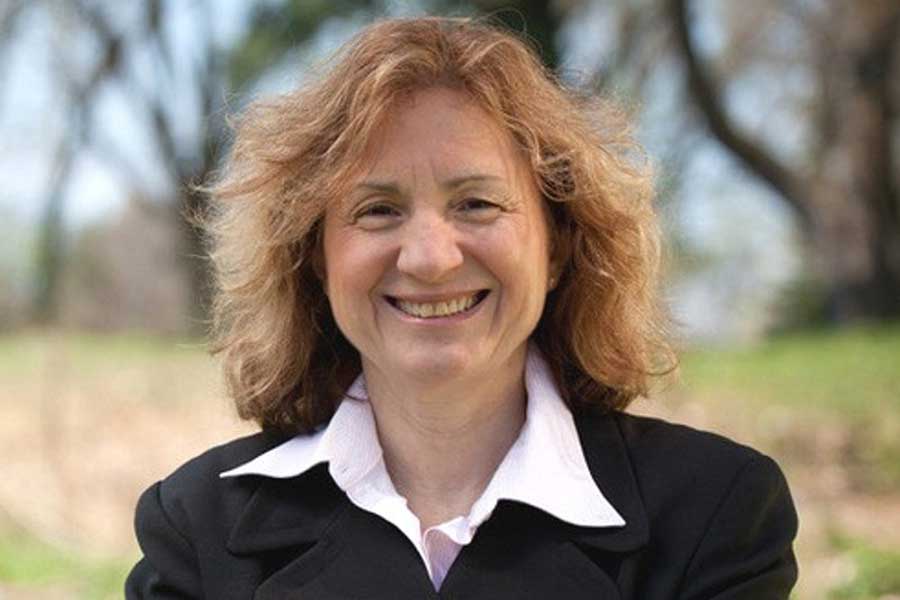Sherrie Cohen describes herself as a life-long fighter for the LGBTQ community.
In 1975, she joined radical lesbian group DYKETACTICS! in filling Philadelphia’s City Council Chambers to protest the impending denial of Bill 1275, which would have outlawed anti-gay discrimination in employment, housing and public accommodations. Cohen, along with other organizers, was dragged from the room by police and kicked down four flights of stairs. The activists became one of the first LGBTQ groups in the nation to sue law enforcement officials for excessive use of force.
Cohen now aims to bring this same dedication to protecting LGBTQ rights back to the chambers on the fourth floor of City Hall — this time as an at-large councilmember. The third-party Independent lesbian candidate on Philadelphia’s Nov. 5 general election ballot told PGN it is “past time for our community to be represented on City Council.”
Cohen, a 64-year-old tenant rights attorney, is running on a platform that emphasizes addressing housing inequities such as skyrocketing rents and displacement caused by gentrification that disproportionately affects marginalized folks. The Ogontz resident and native Philadelphian plans to push the city to launch employment initiatives to ease the high rate of unemployment that trans and gender-nonconforming people experience, particularly those of color, and advocates for ending racialized policing, prosecution and incarceration.
Cohen also champions a $15 per hour minimum wage, an environmentally-progressive Green New Deal for the city and nontoxic city schools. Philly’s education facilities recently came under fire when 1,000 young learners were displaced in North Philadelphia because of asbestos.
“I want to make sure that trans inmates, as well as folks living with chronic illness in our community, are receiving the affirming and comprehensive care that we need while incarcerated,” Cohen said in an interview with PGN. “I’d like to see more housing for our queer youth. I’d like more public education programs on the lives of all members of our community, including trans and gender-nonconforming people. The violence against and murder of Black trans women in Philly and throughout the country must be addressed. And in the city, we have a responsibility to ensure greater understanding of the lives of trans and gender-nonconforming members of our community so that there is less violence directed toward them.”
Cohen stressed the importance of having an LGBTQ councilmember because she said it will spur an increased understanding of the queer community.
“We need to be at the policy table when decisions [are] made that impact our community and really every decision does, whether it’s about housing or education, jobs or health care,” she added.
This year’s race is Cohen’s third bid for a City Council seat. Her latest attempt hit a roadblock when she dropped out of the Democratic primary in April after her former campaign manager publically heckled a fellow LGBTQ candidate about her race. When Cohen sought to reenter the election as an Independent, she faced lengthy legal opposition that alleged she withdrew too late as a Democrat to campaign as an Independent. This month, the Supreme Court of Pennsylvania reversed two lower-court rulings and reinstated Cohen to the Nov. 5 ballot.
Cohen said the challenges she has faced demonstrate her persistence in representing LGBTQ Philadelphians.
“My campaign has shown that I’m not a quitter, and I’m not going to stop trying to fight for our community regardless of issues that arose during the campaign season in the spring or during people suing me to remove me from the ballot,” she added. “I don’t think I need to succumb to an attack against my right to run as a candidate on behalf of our community.”

